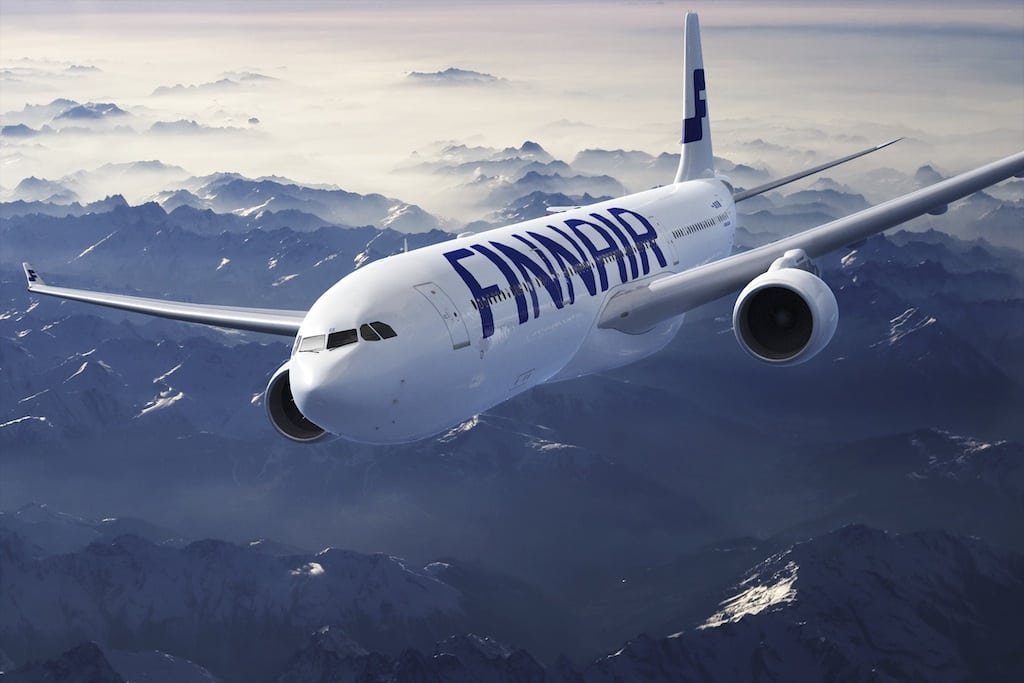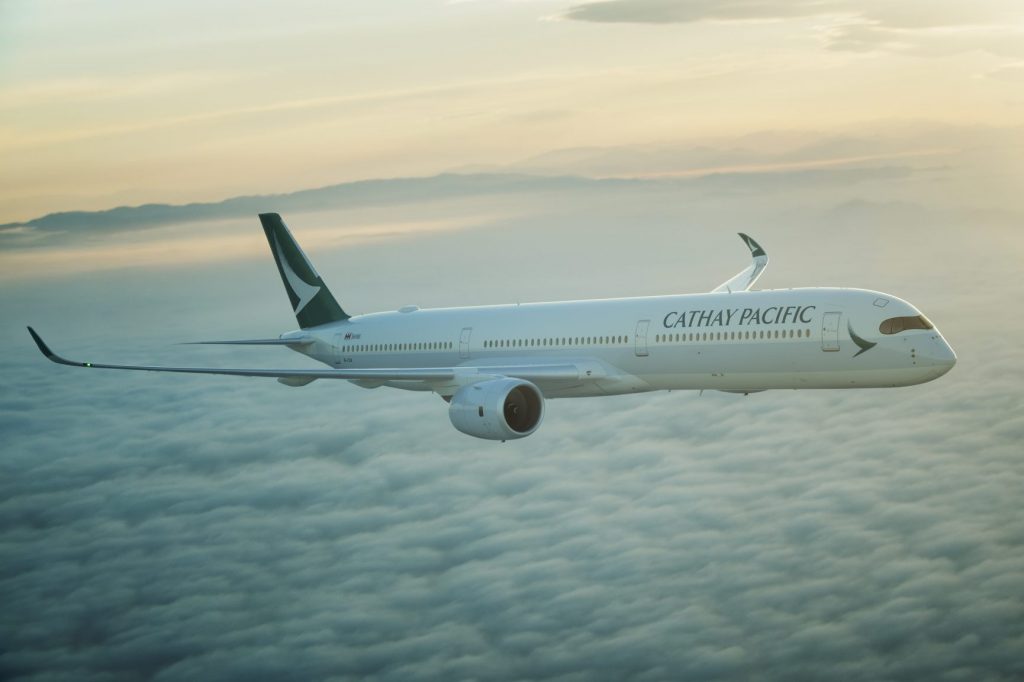British Airways' Parent Wants Another Airline and Finnair Is the Best Target

Skift Take
While the CEO of IAG, British Airways' parent, Willie Walsh was circumspect answering questions from reporters in Dublin this week about the next airline buy-out for the IAG group, Skift found strong evidence, at the CAPA Summit in Helsinki, that IAG’s next smart buy could be Finnair.
In fact, statements made by Finnair’s CCO, Juha Järvinen, during a panel discussion of global industry partnerships, consolidation, and joint ventures hint that preparations for such a buy-out are already underway, and could be finalized relatively soon.
Easing the process of such a potential buy-out are existing joint ventures (JVs) between IAG, Finnair, and Oneworld partners.
“I’d highlight the importance of joint ventures, especially since we joined the joint venture between BA and JAL on the Japan traffic, and also on the Atlantic with American, BA and Iberia,” Järvinen said. “The real value for the companies and the financial benefits comes from JVs. At least, that's how we see it at Finnair based on a two year experience.”
Järvinen said Finnair has already reaped benefits of those ventures, and so has the IAG group.
“Especially, on the revenue on the Japanese routes. It's 10% sold already by JAL and BA,” said Järvinen. “That's one of the enablers of why we announced our fourth Japanese point, so we serve four points directly out of Helsinki. That's, of course, a benefit for BA. For example, they can feed all that beyond Tokyo traffic. That's were we really get [coordination of routes, processes, and network]."
Motivation for this buy out is an adaptation to Gulf competition. Not a hostile or reactionary response — British Airways has encouraged the acceptance of Qatar Airways in the Oneworld Alliance. It is part of a long-game strategy connecting continents around the globe with a sustainable operating model that ensures standards of service far better than, as Järvinen himself suggested, mere alliances could.
“It is survival of the fittest. If we focus our time on complaining [about Gulf carriers] that won't take us anywhere,” Järvinen said. “The Gulf carriers are there to stay. We need to become focused on building our platform, so that our platform through Helsinki, especially to North Eastern Asia, is competitive. It is a niche where survive by ourselves or we become part of a consolidation. But if you don't have a solid platform yourself, you are out of the game. Without that Asian strategy, I don't think Finnair would even necessarily exist today. So let's stop the moaning [over Gulf carriers] and focus on building the platform you have and building the value you have, as a company.”
Finnair’s own strategic value, as a competitive connector to Asia, is significant. As an IAG airline, Finnair would prove to be a strong asset. Not only would such a buy-out ensure efficiencies of operations, and better utilization of aircraft through feeder service, but it would also tear down critical barriers of entry to these routes for other IAG airlines--specifically, through access to Russian skies, as Järvinen explained.
“We have a clear benefit in the Russia over-flight times and distance factor. We have a 24-hour rotation to Asia which is very efficient from a unit cost perspective,” he said.
Järvinen later added, “We are especially dependent on the Russian over-fly rights. Our whole strategy is based on Russia over-fly rights. That is something that we need to be very careful about. It's part of the discussion, if there needs to be a consolidation, we can find a way to work with that. Of course, we have other airlines in Europe who have managed to structure the company, also as consortiums, so that fellows in Central Europe still have Russian over-fly rights. There's a way to do it, of course. It's something we must consider, but that's our biggest asset going-forward.”
Based on Järvinen’s other statements during the panel session, an IAG buy-out would not come until Finnair completes its process of stabilization and product improvements.
With recent successful labor negotiations, and acquisition of state-of-the-art A350 aircraft, Finnair is primping itself for such acquisition, Järvinen’s statements would suggest.
“Really, the focus for us is to make sure that we have a solid profitability. We still have a way to go there. This year will be a turn-around year for us. The A350s will leverage that. We are focusing on making [ourselves] attractive. There's no reason to hide that fact. Our job is to have a solid profitable makes us more attractive for potential consolidation going forward. Finnair is not active on putting equity in other airlines, but we see ourselves now working on our platform so that we are solid going forward,” Järvinen said.
When asked by CAPA’s President, Peter Harbison, whether a consolidation would be realistic within the next five years, Järvinen replied, “It's realistic as soon as we get our platform fixed that we're working on.”
Besides the well-established attachment to Oneworld and IAG airlines through joint ventures, any speculation that Finnair is grooming itself for another emerging group player in Europe were rapidly dashed in Helsinki.
Harbison pointed out to Järvinen that Etihad is bringing together a group of European airlines, with a similar goal to connect the continents in mind, but without expecting group members to be profitable. To this, Järvinen replied curtly: “That's their decision to make.”
As highly political groups, alliances only serve the interests of airlines and passengers to a degree. Airline groups set firm service and operational standards which could benefit investors and passengers alike. IAG, which behaves more like a hospitality group than an airline group, has required its airlines to build strong passenger product and services. Finnair is certainly getting polished. It's acquisition is a logical next step for IAG.
And let's not forget Qatar. The logistics might be more drawn out--this is a long-game--but the airline comes pre-primped and is already making plans to serve routes through Helsinki.
The next big question is the relationship between the strong personalities of Willie Walsh and HE Akbar Al-Baker, but they seem to be getting along just fine so far. Is it a developing partnership or is it co-ownership in the works? Time could be telling sooner than we think.




